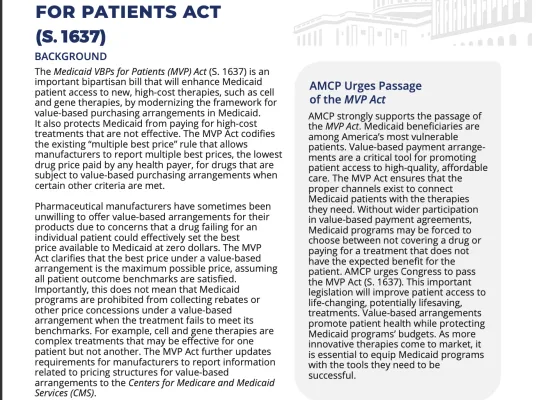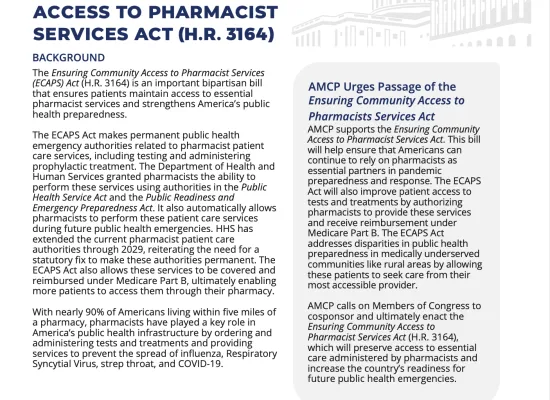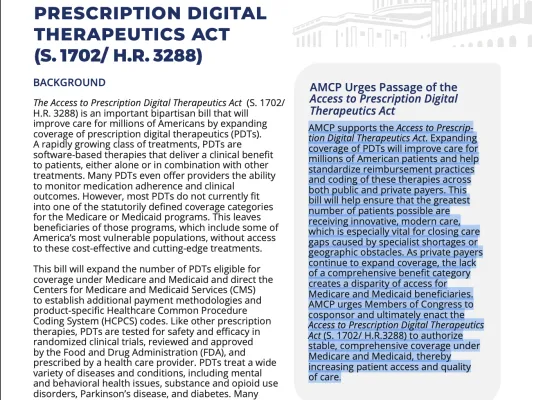
In this compelling and educational video, Lindsey Sullivan shares her personal journey with alopecia areata, offering valuable insights into the emotional and clinical aspects of living with this autoimmune condition. As both a patient and advocate, Lindsey sheds light on the challenges of diagnosis, treatment decisions, and navigating the healthcare system.













